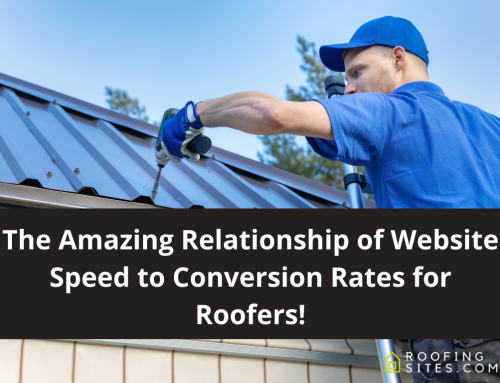Digital marketing advances faster every year as web developers and marketing specialists find newer and better ways to keep the sales coming in.
One thing that has not changed within marketing strategies over the years is the correlation between page load speed and conversion rates.
As basic and simple as it may seem, it is just as important today to implement digital marketing tactics to facilitate how fast a website loads as it has ever been.
The proof is in the story that conversion rates tell.
What Is The Connection Between Page Load Speed and Conversions?
The relationship between website page load speed and conversion rate is quite simple - the slower a page loads, the lower the conversion rate is for that page.
Over the span of a year, even minute reductions in page load speed can considerably affect the profitability of any business which is one of the reasons why digital marketers must pay attention to this metric, as basic as it may seem.
Whether conversion means clicking a certain page, signing up for a mailing list, or making a purchase through a shopping cart, a website with slow page load speed will convert less often and a user will often leave it before converting.
Digital marketing strategy studies conducted on page load speed indicate that half of all users expect a page to displayed to them within 2 seconds and for every additional second a page takes to load, viewers start clicking off the page.
When pages are more quickly returned to a viewer, the reverse of the above take place which is a significant factor in website conversion rates.
How Does Page Load Speed Affect Conversion Rates?
A slower or faster loading web page has a direct effect on conversion rates, making that factor an important consideration when developing digital marketing tactics to improve website success:
- Load Speed and Bounce Rates - It is widely understood that the longer a page takes to be displayed to a viewer increases bounce rates with each additional second. A higher bounce rate correlates directly with fewer page views and a lower conversion rate as a result.
- Load Speed and Direct Decreases In Conversions - Digital marketing research indicates that conversions can be reduced by as much as 7% for additional second it takes for a page to displayed. More than half of all customers will abandon shopping carts if pages take more than a few seconds to load.
- Load Speed and Increases In Conversions - Conversely, when a marketing strategy is focused on increasing and maintaining a faster loading speed, businesses tend to see a positive effect and an uptick in conversions.
Is Page Load Speed Affecting Your Conversion Rate?
While there are many complex factors that go into the development of effective digital marketing strategies for a business, sometimes basic ideas are more important than they might initially seem.
Such is the case with page load speeds, which can cause a significant reduction in conversions if it is too slow.
The takeaway is that marketers must keep up with these basics even while researching other digital marketing tactics, as something as simple as slowly loading pages could throw everything else off.
Initially measuring and remedying page load speeds can result in higher conversions and a more effective overall digital marketing campaign for your company!







